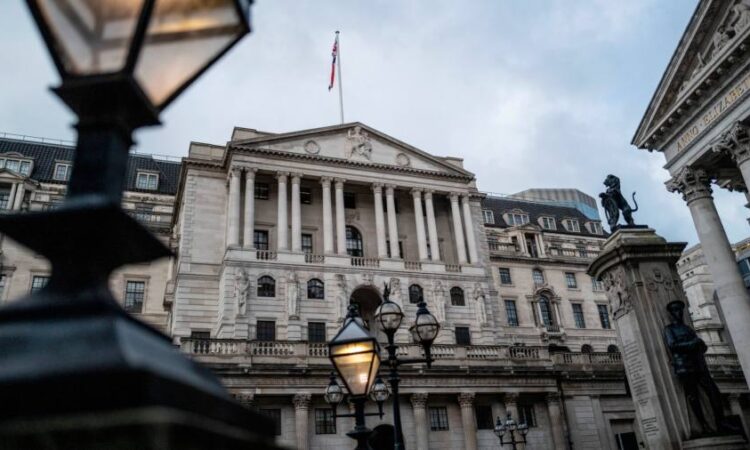
Losses to UK pension schemes and funds with liability-driven investing strategies from forced selling of gilts during last year’s bond market crisis could be up to £4bn, MPs have heard.
The figure was presented on Wednesday to the House of Commons work and pensions select committee, which was probing a meltdown in the bond market in September that triggered a £65bn emergency intervention by the Bank of England.
The BoE meanwhile will set out resilience measures for the LDI market next month.
“We need to fix the problem that materialised in September and ensure that there is a liquidity resilience framework for the steady state,” Sarah Breeden, the BoE’s financial stability chief and a member of the bank’s Financial Policy Committee, told MPs.
During the crisis, thousands of pension schemes with liability-driven investing strategies faced urgent requests to meet collateral calls, as gilt yields soared following the government’s bungled “mini” Budget.
The BoE stepped in with an emergency bond-buying programme after LDI funds and pension schemes became forced sellers of gilts and other assets, as they sought to meet collateral calls, creating a “doom loop” for prices.
Asked to estimate the losses to the pension schemes from the forced selling, Tim Bush, head of governance and financial analysis at Pensions and Investment Research Consultants, told the committee that could be measured by the profit the bank made on its support programme.
“If people were distressed sellers of gilts and also distressed sellers of equities as well to meet the margin calls, then that is an irreversible loss,” said Bush, “because they were effectively sold low to then buy back high.”
He added: “If people were selling gilts cheaply to the Bank of England [during its market support programme], and then buying them back high the BoE profit is the contra to their losses, at least on the bond side.
“I think we can come up with a number of about £4bn if that is the Bank of England’s profit,” he said.






